This post was written in collaboration with Zoetis Petcare. All opinions are my own.
Throughout our collective lives, Nate and I have raised and trained a LOT of animals. Dogs in particular. Farm dogs, family dogs and even service dogs of various breeds and shapes and sizes. So we know a lot about dog health, and we're here to pass that knowledge on.
Today we're partnering up again with the global animal health company Zoetis Petcare to share some of the dog health information we've learned along the way!
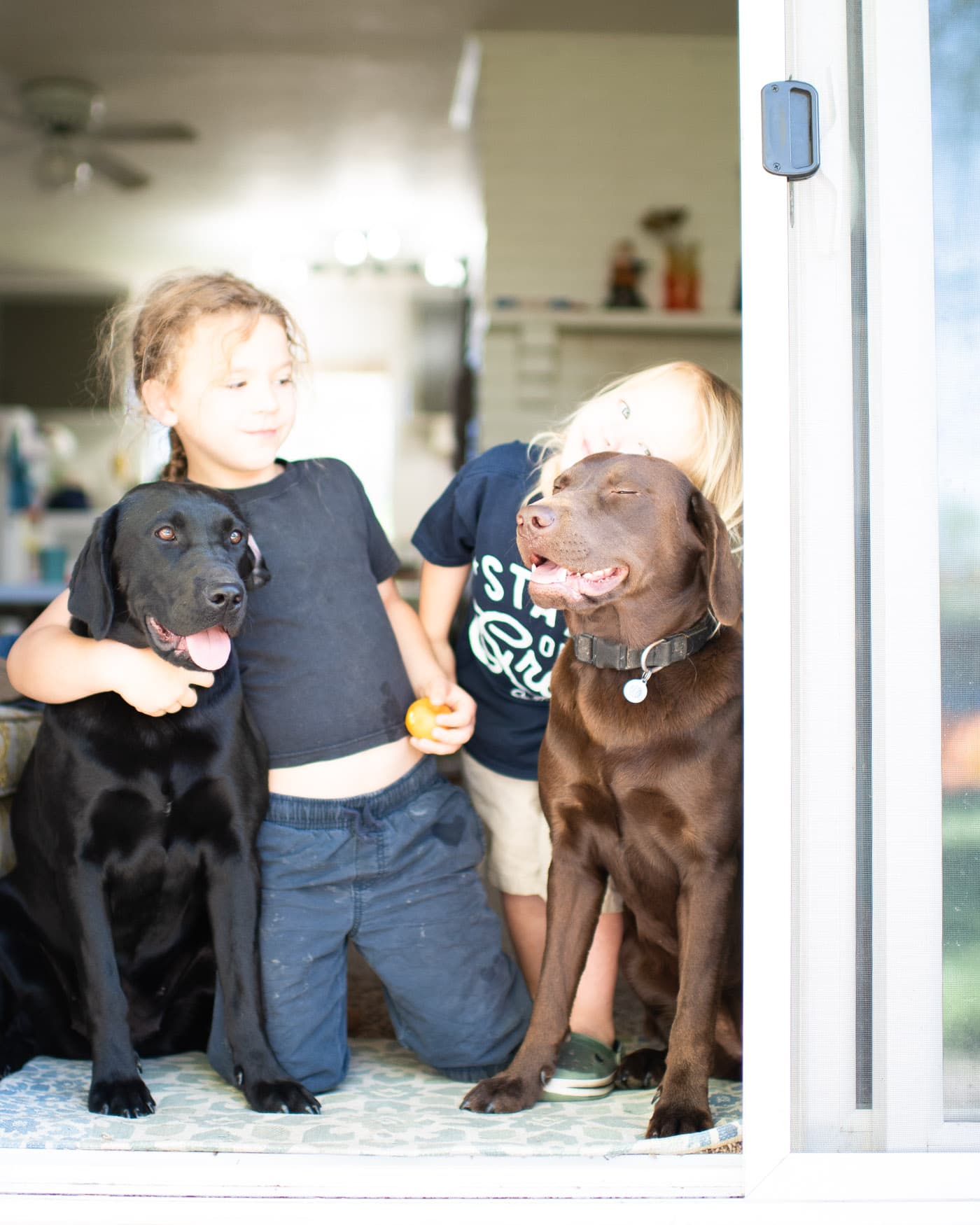
Our latest dogs are a set of two labradors – a chocolate and a black lab. These beautiful sisters were initially intended to be duck hunting dogs, but lately they're spending their days just lazing around the new city house that we're renovating in Boise.

Moose here is my girl. You know how litters tend to have a runt? She was the opposite. She was definitely the chubster of the bunch, a plump roly poly of a pup with leg rolls for days and a flat, smooth face with broad eyes that begged to be taken home.
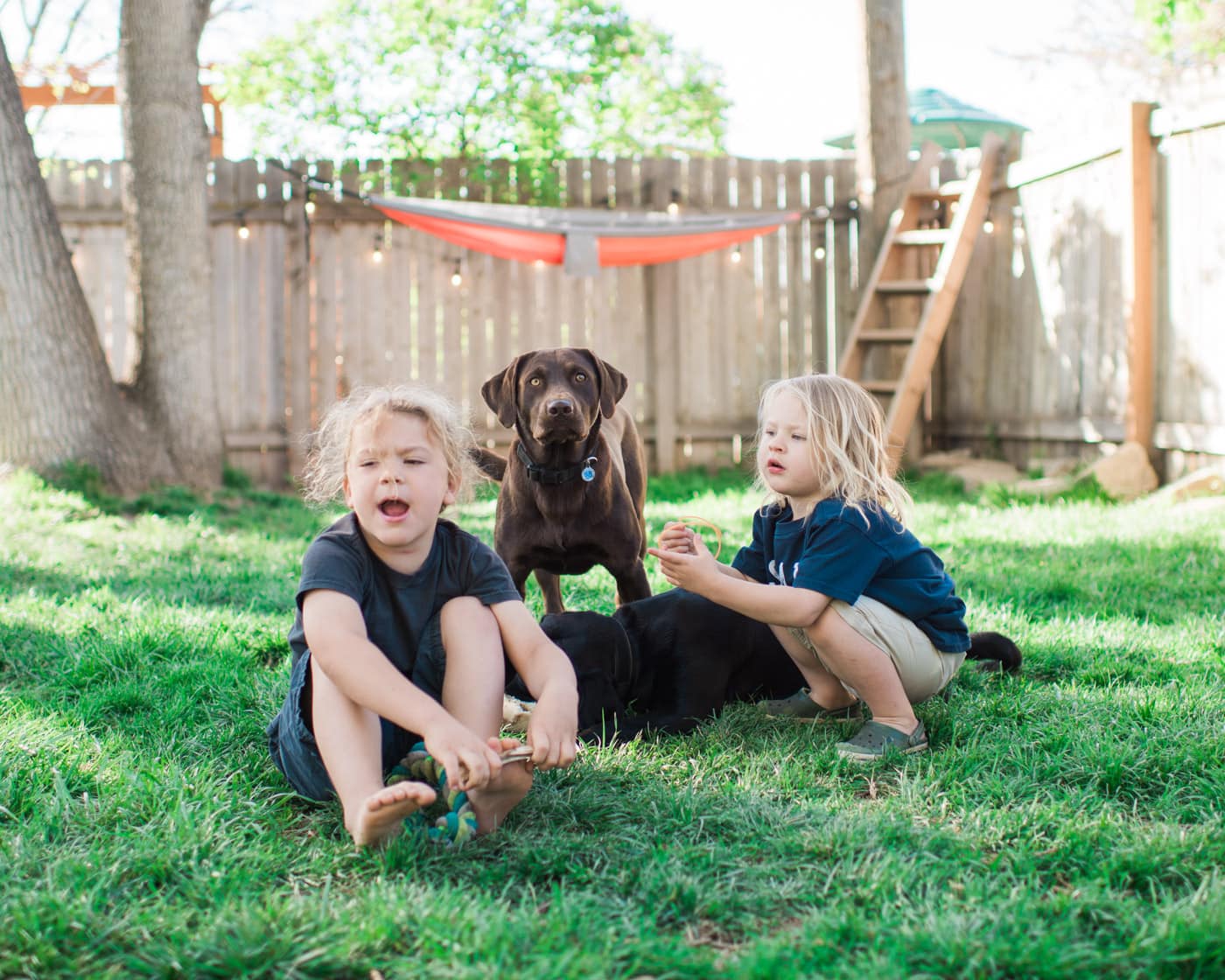
We were only looking for one, but the oldest kiddo fell in love with Brownie here, and our solo dog search became a dynamic duo deed. Moose – almost instinctively knowing her original purpose – listens attentively to my every word. Brownie seems to know she was destined for the kids, and she spends her time corralling them and cuddling them into their proper place.
Dog Health Concerns: What to Know Going into It
I don't think we've ever talked on here about how dog health has been an issue for us. Some of our dogs have aged and become run down, pained and debilitated along the way. Some have even had briefer periods of vibrance, running into dog health issues fairly early on.
It's a tough subject, one that I've spent too many nights crying over and numerous vet visits tending to. When people go to adopt a dog, I think that's the biggest thing they may not think about. The aging process and the inevitability that our canine friends will face health issues sooner than we will. Dogs invariably have shorter lives than us, so it isn't a matter of ‘what if' but a matter of ‘when' we'll need to tend to their worn-out bones, joints and muscles.
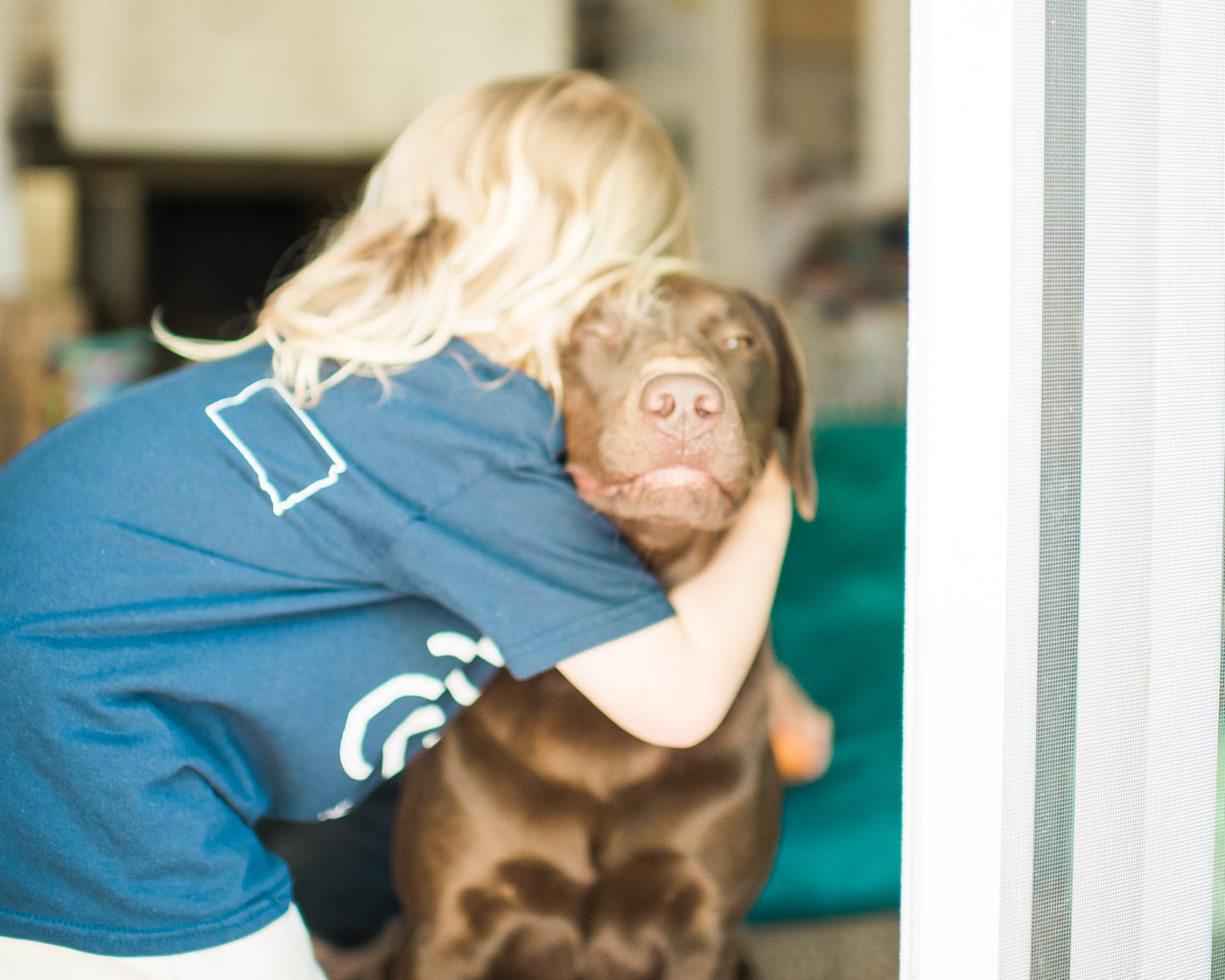
Some issues that are viewed in humans as “old age issues” like osteoarthritis can actually strike dogs of ANY age and breed. We experienced this with one of the pups we raised in California. At just six years of age, our Doberman Bjorne started acting slower, sadder and stiff. Where he used to come bounding up to meet me at the gate, he slowly started just lifting his head from the front steps and flopping his tail.
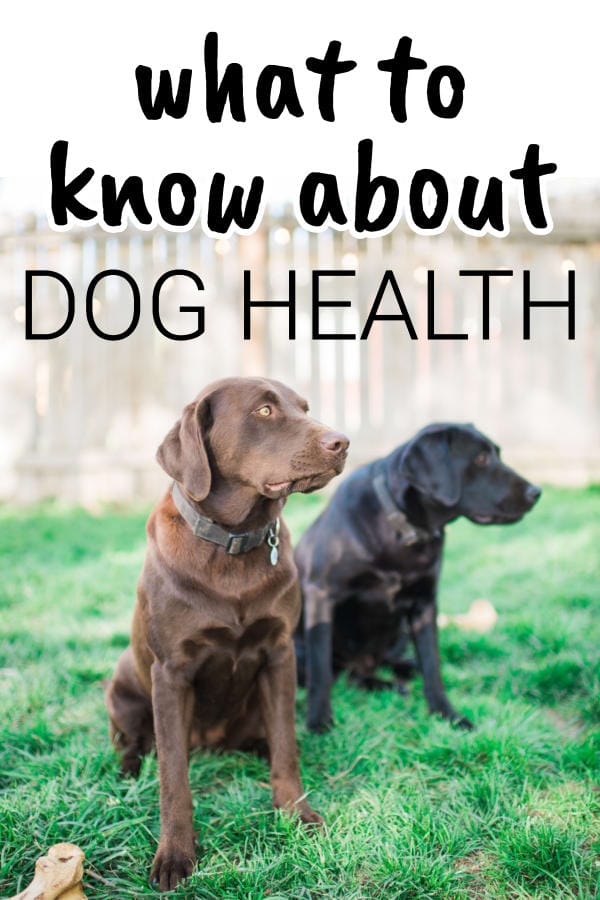
Our veterinarian diagnosed him with osteoarthritis, or OA for short. While she was able to provide assistance to decrease his pain, the truth of the matter is that I was in denial for longer than I should have been, chalking his negative moods and lethargic behavior up to bad days, something he ate, the weather or a squabble with one of our other dogs.
With OA, the sooner the pup receives treatment, the better quality of life they can have. It's also shockingly common, occurring in 37% of dogs of all ages!1 That's why Zoetis has created the OA checklist to help dog owners assess their pet's signs and get them help as soon as possible. They've partnered with people like me for Arthritis Awareness Month to help spread the word that help IS possible, and sooner is always better. Take the quiz and share the results with your veterinarian.
In my case, I think I hesitated taking Bjorne to the vet because I was afraid they'd tell me that there was either something dramatically wrong with him that was uncurable, or they'd dismiss me as overreacting to something minor. I know that a lot of dog owners feel the same, but it's important to keep in mind that dogs are a lot like humans in that they can have a wide range of issues calling for a wide range of treatments.
In our case, medication was able to treat Bjorne's symptoms and help him live out the rest of his days in relative health and happiness.
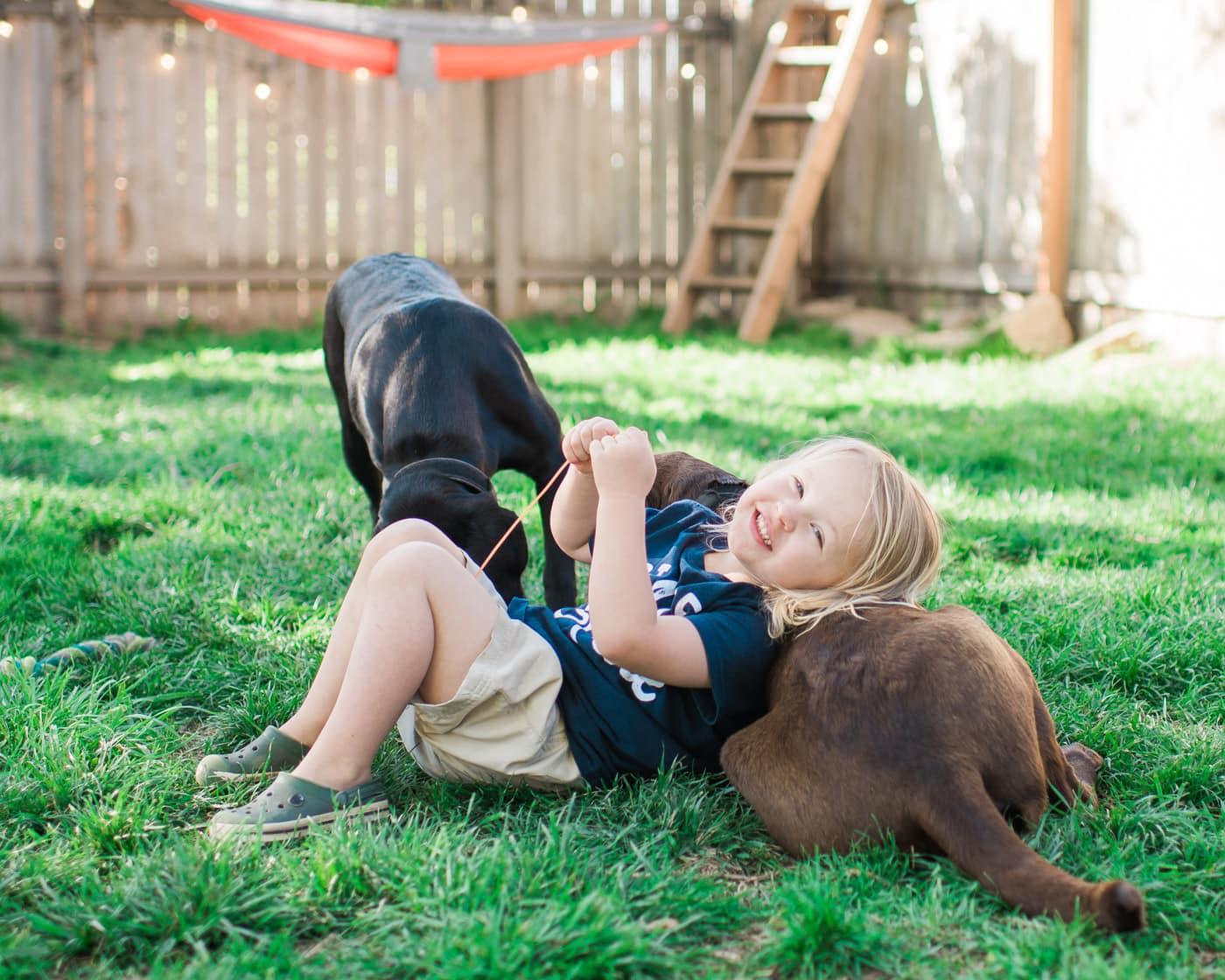
No matter how young or old your pup may be, whatever issues you've been told that they are genetically inclined to (or not), it's always helpful to have a knowledgeable expert on your side so you aren't running off of assumptions. If you feel like your pup isn't acting quite right, go through the OA checklist to work through the signs you may be seeing with your dogs, and learn about the steps you can take. It is a great starting point as you share with your veterinarian.
Do you have furry friends in your family? Are there any dog health concerns that you want to talk through with your vet?
1 Wright, A., Amodie, D., Cernicchiaro, N., Lascelles, B. and Pavlock, A., 2019. PVM1 DIAGNOSIS AND TREATMENT RATES OF OSTEOARTHRITIS IN DOGS USING A HEALTH RISK ASSESSMENT(HRA) OR HEALTH QUESTIONNAIRE FOR OSTEOARTHRITIS IN GENERAL VETERINARY PRACTICE. Value in Health, 22, p.S387.